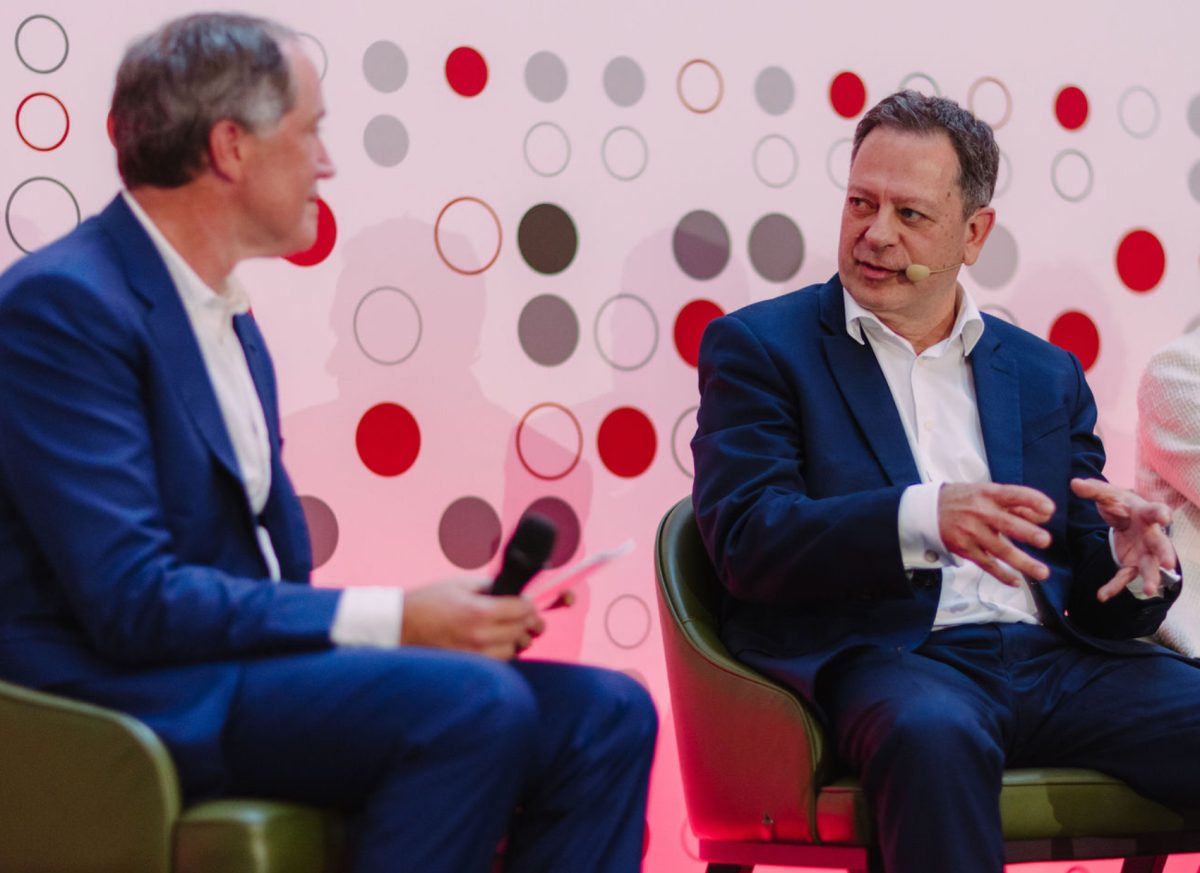Only 16 per cent of Malta’s employers believe the local labour force can support the transition to carbon neutrality, while a “striking” 64 per cent believe the workforce “is not adequately equipped” to help achieve this goal.
“This sentiment underscores a critical gap in the current skills landscape, which could impede Malta’s progress towards its climate goals,” wrote Warren Deguara, Principal Economist within the Economic Projections and Conjunctural Analysis Office of the Central Bank of Malta (CBM).

The figures emerge from the CBM’s Quarterly Review, with features a section dedicated to analysing the impact of mitigating climate change on Maltese firms’ employment plans, prepared by Mr Deguara.
On a more positive note, local firms have a strong willingness to invest in training their employees to gain green skills.
“In fact, 93 per cent of companies that consider green jobs to be relevant for their operations are willing to train their workforce in green skills, highlighting their commitment to improve operations, become more sustainable, and achieve their climate goals,” found Mr Deguara.

On the other hand, a small proportion (one per cent of firms) is unwilling to do so, and a further six per cent are uncertain.
“This reluctance or indecision could stem from the perceived costs and logistical challenges associated with training,” he wrote, noting that “financing the transition to a green economy remains a significant challenge for Maltese firms.”
The survey highlights that while many companies are adapting to climate change, the financial strain of these investments remains a significant challenge. Upgrading infrastructure, implementing new technologies, and training staff often pose prohibitive costs, particularly for smaller firms with limited resources.
Turning to recommendations, Mr Deguara says it is essential for Maltese firms to adopt a more strategic approach to workforce development for a successful transition to a green economy.
“This requires not only ensuring the existing workforce is adequately trained for a carbon-neutral future but also attracting talent capable of contributing to the shift towards sustainability.”
Therefore, investment in education and training must be prioritised, he said.
“Firms should focus on upskilling employees, particularly in critical areas such as renewable energy, sustainability management, and green technologies. By doing so, they can build a workforce that not only supports current operations but also drives innovation and growth in the green economy.”
Key to these efforts is collaboration with educational institutions, Government bodies, and industry associations to help bridge the existing skills gap.
“Together, these stakeholders can develop targeted training programs that align with the specific needs of Maltese firms, ensuring the labour force is prepared for the challenges of climate change.”
Green skills required
The CBM report also delves into the different roles and skills different industries need to achieve their green goals. This includes jobs that directly reduce the carbon footprint, promote energy efficiency, utilise renewable energy sources, reduce waste and pollution, or support sustainability practices.
In the manufacturing sector, companies consistently expressed the need for enhanced engineering skills, particularly in energy efficiency, sustainability, and compliance, as well as environmental engineers, energy auditors, and specialists in logistics and product design.
In the wholesale and retail sector, companies exhibited a wider range of needs, including consultancy services to guide employees, expertise in ecosystem management, clean energy, and ESG practices. Other needs included more practical ones like trained installers for renewable energy technologies like photovoltaic systems and electric vehicle chargers.
The services sector presented varying needs depending on the intensity of their greenhouse gas (GH) emissions. High-GHG intensive emitting sector companies stressed the importance of sustainability managers, engineers with green technology expertise, and personnel knowledgeable in EU Taxonomy and environmental certifications. On the other hand, mid-GHG intensive emitting firms highlighted the need for renewable energy advisors, data collection specialists, and experts in waste management.
Respondents from the construction and real estate sector highlighted waste and sustainability management, along with the need for general education on environmentally friendly practices. The report found that these firms are particularly focused on adopting new technologies and machinery, and ensuring their workforce is trained in sustainable practices.
Mark Drago named Chief Operating Officer at HSBC Malta
Mr Drago is taking over from Svetlana Maslova, bringing over 38 years of banking experience.
Kyte Global supports companies in achieving DORA and MiCA compliance following their release
With new EU regulations on digital resilience and crypto-assets set to take effect in 2025, Kyte Global is supporting organisations ...
Corinthia Group Managing Director and CEO recognised with international award
Simon Naudi was awarded the Exceptional Contribution CEO Award from Global Hotel Alliance.
Alexander Fenech takes on strategy role at Brown’s as Tiziana Ceci named CEO
The pharmacy chain also announced the addition of two independent directors to its board.








